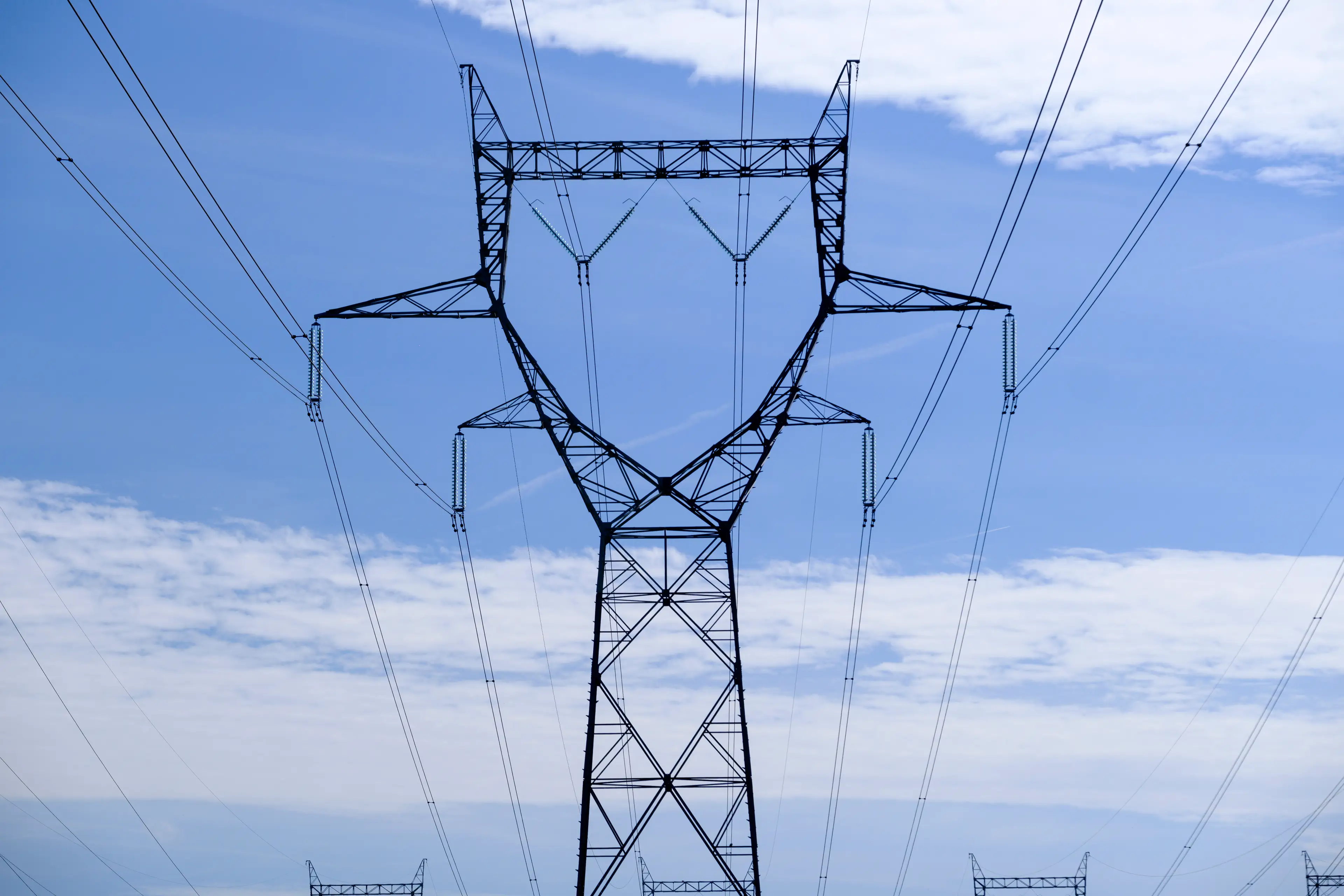
Topics: Technology, Space, Science, Phones, Health, Social Media, World News

Topics: Technology, Space, Science, Phones, Health, Social Media, World News
An 'internet apocalypse' could take place leaving the system 'fried' for 'months', according to a team of researchers.
Solar storms have already occurred in the past, hitting earth and causing disruptions to global communications.
George Mason University in Virginia, and the Naval Research Laboratory are now working together to create an early warning system, concerned an internet cut-out may be pending.
Advert
According to Wonderopolis: "Solar storms occur when the Sun emits huge bursts of energy in the form of solar flares and coronal mass ejections.
"These phenomena send a stream of electrical charges and magnetic fields toward the Earth at a speed of about three million miles per hour."
Professor Peter Becker of George Mason University explained to Fox Weather that there've been 'a lot of (solar) flares' in the past where the flare has been spotted as a 'flash' and then the coronal mass ejection (CME) - the large expulsions of plasma and magnetic field from the Sun's corona - goes off 'in some random direction in space'.
However, the CME has also come towards Earth and scientists can predict this to with 'about 18 hours of warning, maybe 24 hours of warning, before those particles actually get to Earth and start messing with Earth's magnetic field,' Prof Becker says.
And it's happened before too.

In 1859, a CME from the sun collided with earth's magnetosphere resulting in a geomagnetic storm which led to telegraph systems failing - known as the Carrington Event.
Prof Becker recalls: "It actually took out the telegraph system, sparks were literally flying off the telegraph lines.
"Some operators got electrocuted because the wires ended up carrying high voltage, which they were never supposed to do, but the magnetic field variations became so strong it almost became a generator system and drove these currents down telegraph wires."
And a similar event could take place today - and it's impact would be even greater given the world's further developed communications systems.

Prof Becker warns most people would think their devices - such as computers - are 'grounded' so are 'relatively safe'.
However, 'if you drive inductive currents to the surface of the Earth, it can almost work backwards, and you can end up actually frying things', he says.
According to Fox Weather, phones, computers, tablets, radios, GPS systems, 'underground fiberoptic cable with copper sheaths,' satellites and the power grid are all vulnerable.
And you could say bye bye to the internet for a while too, with Prof Becker revealing: "You're talking about something that could really fry the system for a period of several weeks to months in terms of the time it would take to repair all the infrastructure – all of the electronic switches, all of these closets of electronics in all these office buildings.

"That could all be fried. So we're talking pretty major.
"And it's not just communications. It's economic disruption, too, obviously."
Exemplifying just how disruptive this would be, Prof Becker predicts that it would cost the US economy $10-20 billion per day if such an 'internet apocalypse' occurred.
I guess it's just as well researchers are trying to come up with an early warning system then isn't it?
Prof Becker resolves: "If we have a warning, every minute counts because you can put satellites in safe mode. You can take transformers off-line from the grid, so they don't fry.
"[...] And then, more long term, you're talking about hardening the internet. And that's, of course, an economic challenge because it's sort of like an insurance policy.
"You may never need it, and it would cost trillions to really harden the system."